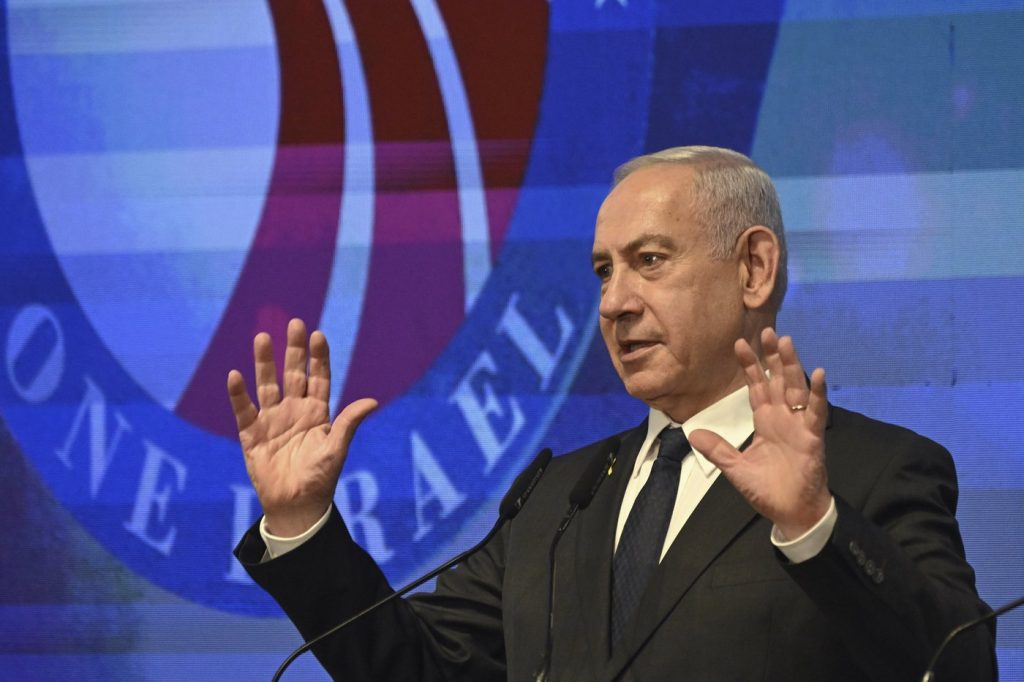Facing increasing international isolation, accusations of war crimes, and mounting pressure to cease hostilities, Israeli Prime Minister Benjamin Netanyahu is set to respond to global criticism during his upcoming speech at the U.N. General Assembly. This high-profile address, scheduled for Friday, draws heightened attention as the stakes are substantially elevated due to recent developments on the Israeli-Palestinian front.
In the lead-up to Netanyahu's speech, nations including Australia, Canada, France, and the United Kingdom have announced their recognition of an independent Palestinian state. The European Union is contemplating tariffs and sanctions against Israel, reflecting a growing consensus that demands a resolution to the ongoing conflict. The U.N. assembly has passed a nonbinding resolution encouraging Israel to commit to a two-state solution, which Netanyahu has already deemed unacceptable.
The urgency of the situation is compounded by the International Criminal Court issuing an arrest warrant for Netanyahu, accusing him of crimes against humanity, an allegation he firmly denies. Additionally, the U.N.'s principal judicial body is evaluating accusations from South Africa, which asserts that Israel has committed genocide in Gaza—claims that Israel categorically rejects.
While boarding a plane to New York for the U.N. gathering, Netanyahu expressed his determination, stating, “I will tell our truth.” He emphasized his condemnation of global leaders advocating for a Palestinian state, arguing that this would reward terrorism in the region, referencing Hamas's violent actions.
Opposition to Netanyahu's approach is gaining momentum. During a special session of the U.N. assembly, numerous countries expressed their horror over the attacks by Hamas militants on October 7, 2023, which resulted in approximately 1,200 fatalities in Israel and 251 individuals taken hostage. Many representatives called for an immediate ceasefire in Gaza and an urgent influx of humanitarian aid.
The ongoing Israeli offensive in Gaza has resulted in the deaths of over 65,000 Palestinians and has displaced around 90 percent of the population, with reports indicating an increasing number facing starvation. Furthermore, over 150 countries now recognize a Palestinian state, while the United States continues to provide staunch support for Israel. However, former President Donald Trump recently indicated potential limits to this support, expressing his unwillingness to endorse the annexation of the occupied West Bank.
Palestinian leader Mahmoud Abbas delivered a virtual address to the General Assembly, marking the day before Netanyahu's speech. Abbas expressed appreciation for international recognition but argued that the global community must take further action to achieve Palestinian statehood. He urged the world to uphold the Palestinian people’s rights to autonomy and to end their subjugation under Israeli control.
In summary, the ongoing Israeli-Palestinian conflict remains as complex and fraught as ever, with Netanyahu facing extensive international scrutiny and a growing demand for resolve as he prepares to address the U.N. General Assembly amidst escalating calls for Palestinian statehood.










